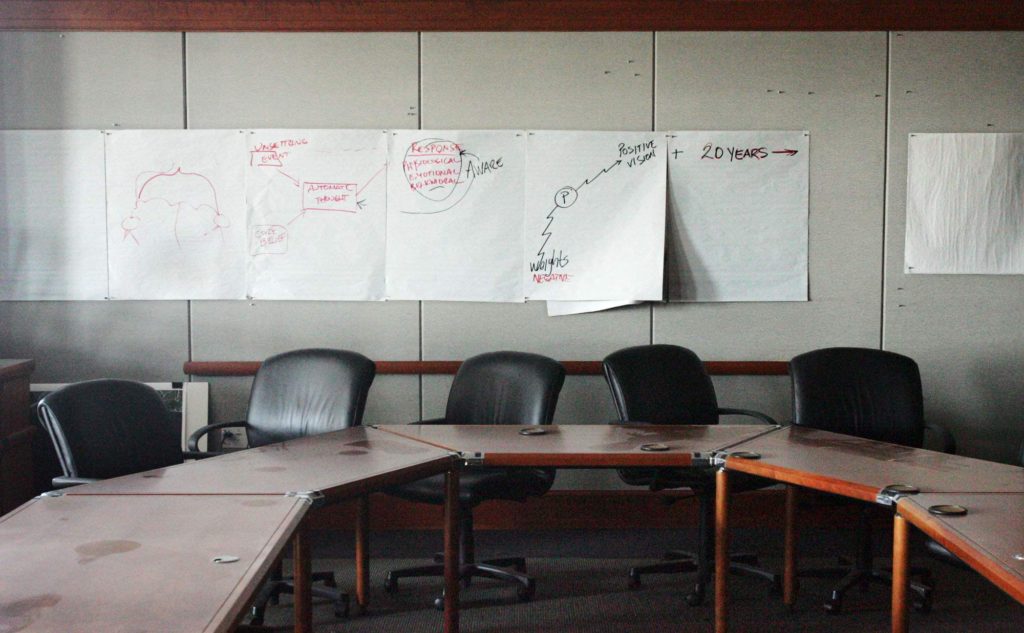More ideas on how Cedar Rapids can attract and sustain affordable and supportive housing were introduced Wednesday, but it remains to be seen if any attracted a champion.
Local groups affiliated with a five-year federal demonstration project, Partners United for Supportive Housing in Cedar Rapids (PUSH-CR), gathered other agencies to produce the Cedar Rapids Supportive Housing Forum. And, to the organizers’ credit, several key local players were present to hear from leaders in the field, local and national.
Deb De Santis, president and CEO of New York-based Corporation for Supportive Housing, provided the keynote by outlining the benefits of housing that includes wrap-around support services and some of the innovative ways communities around the country are rethinking the problem of homelessness and funding projects.
“People talk about the immediate cost savings of housing the homeless as compared the cost of emergency services, but I think the real cost savings are 10 or 20 years down the road,” she said, noting how stable home environments lead to better academic outcomes and reduced crime.
It’s a point Cedar Rapids City Manager Jeff Pomeranz included in his forum remarks as well.
“When I see a greater percentage of children in homelessness that means their future — our future as a community — will be more challenging,” Pomeranz told attendees.
“We know, as city government, when housing instability is addressed and solved, we have more people in the job pool, more people paying property taxes and a decrease in crime.”
He noted that everyone has a role to play in solving homelessness, if we expect the community to reap the benefits.
It was a lovely speech.
Gazette reporter B.A. Morelli asked Pomeranz how his remarks squared with a recent decision by the city to deny rezoning for Crestwood Ridge, a 45-unit affordable housing complex that received $8 million in federal housing credits because five units were earmarked as supportive housing for the homeless.
“We need to keep looking for opportunities,” Pomeranz told Morelli.
“That wasn’t the right site. We need to find locations in Cedar Rapids for low-cost options but also options for the homeless. It was turned down by the city council for many good reasons, but we don’t want to give up.”
I’m still waiting for those reasons to be detailed, since every scrap of research produced by the city showed Crestwood as an incredibly needed project, run by solid partners and a good fit.
I’m also left to wonder if Pomeranz provided his thoughts on how stable housing can improve a community before council members gave into panic over plans to house and support the homeless.
For longer than I care to recount, I’ve listened as local leaders and elected officials detail the need for this or that program, and their larger desire to improve conditions for the entire community.

I’ve also sat in official, vote-counting meetings when those same leaders sat on their hands instead of standing up for what they’ve labeled as being the right thing to do.
Leadership is more than lovely speeches. And I can’t bear to write one more news article or column that gives credence to words that rarely morph into action.
Communities across the country are striking out in innovative ways, finding a path forward in their quest to functionally end homelessness and provide housing that aligns with local wages. These successes teach us many things, but predominantly that collaboration is key. Progress requires a big table where representatives from the private, public and nonprofit sectors decide next steps.
That table exists in Cedar Rapids. It’s surrounded by chairs, waiting for the speeches to end and everyone to take a seat.
This column by Lynda Waddington originally appeared in The Gazette on December 10, 2016. Photo credit: Liz Martin/The Gazette
